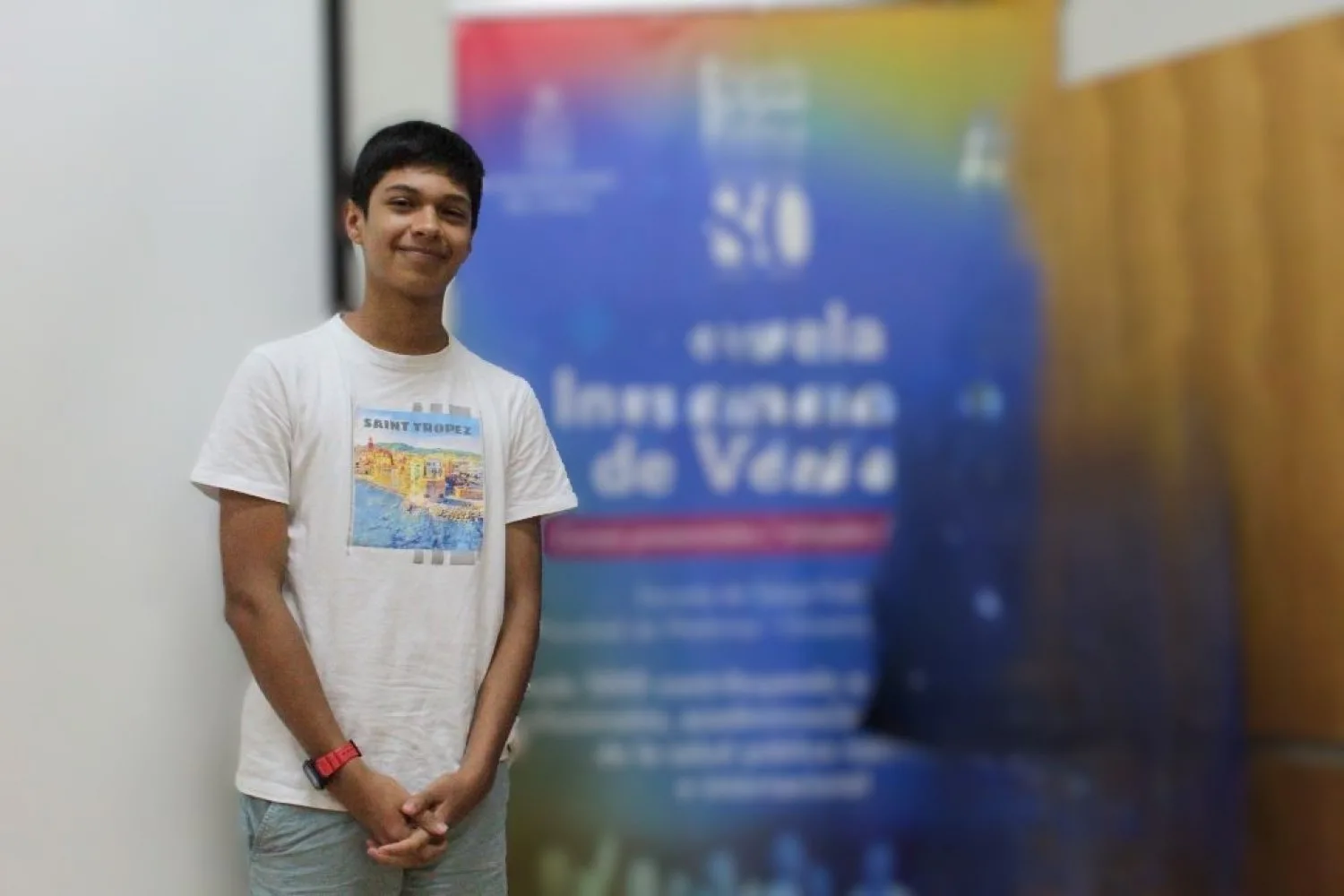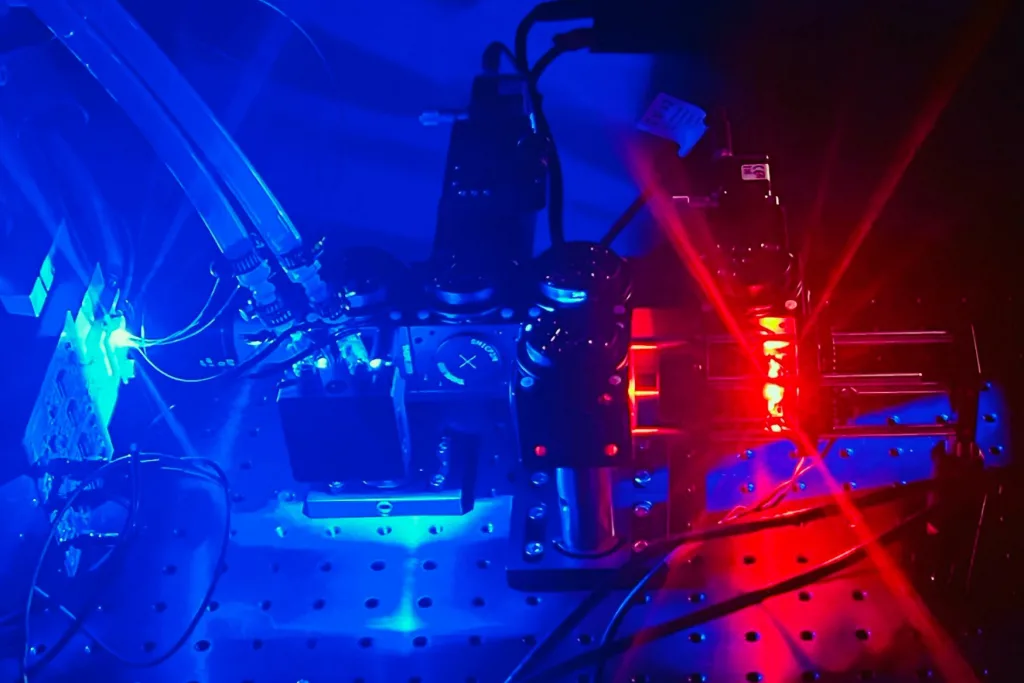Meet Tomás Orellana, a visionary 17-year-old high school student from Chile, who has set his sights on creating a kit of medicinal plants for school infirmaries across his country. His ambitious journey began with a quest to grasp the foundational principles of pharmacology. This quest led him to the MIT OpenCourseWare website, a treasure trove of free educational resources.
Without delay, Orellana enrolled in the HST.151 Principles of Pharmacology course. Here, he immersed himself in essential topics such as drug action mechanisms, dose-response relationships, pharmacokinetics, and drug delivery systems. Energized by his newfound knowledge, he shared vital insights with 16 classmates within his science group, rallying them to bring his innovative vision to fruition.
“I utilized the course as a roadmap for my classmates in developing our phyto-medicinal project, showcasing the transformative opportunities offered by the OpenCourseWare platform,” Orellana explains in Spanish. “Thanks to our pharmacology studies, I can systematically gather and synthesize the necessary information for crafting our medicinal preparations.”
MIT OpenCourseWare, part of MIT Open Learning, provides an expansive selection of free resources from over 2,500 courses encompassing the entire MIT curriculum—ranging from introductory to advanced topics. This pioneering global model promotes the open sharing of educational materials, featuring video lectures, syllabi, lecture notes, problem sets, and more—all under an open license permitting remix and reuse.
After diving into the Principles of Pharmacology, Orellana, with his science group, commenced the exciting task of extracting medicinal properties from plants like cedron. Their goal is to identify plants that can thrive in a school environment, ultimately aimed at addressing various health issues students may face daily—ranging from menstrual discomfort to mental health challenges.
“While there’s a rich tradition surrounding medicinal plant usage, there lacks scientific validation of their properties,” the 11th-grader points out. “Our objective is to ascertain which plants are optimal for cultivation in a school setting.”
Their initiative gained visibility when they discussed their scientific project on “Que Sucede,” a popular Chilean television show, with an upcoming interview slated for broadcast. The team is excited to continue their work on this medicinal project throughout the academic year.
What’s next on Orellana’s academic journey? He’s eager to explore the depths of neuroscience by enrolling in the 9.01 Introduction to Neuroscience course offered through OpenCourseWare. Ultimately, his aspiration is to pursue a career in health sciences and to someday become a professor, sharing knowledge on a grand scale.
“I envision myself as a university academic, making a significant impact on pressing issues within my country and beyond,” Orellana shares. “Achieving this requires perseverance and dedication.”
Orellana encourages fellow learners to take advantage of the wealth of free educational resources available through MIT Open Learning and OpenCourseWare. “Make the most of MIT’s free digital technologies and tools,” he urges. “Remain open to creative applications of your newfound knowledge.”
Photo credit & article inspired by: Massachusetts Institute of Technology



